Netball
Invisible disease with a heavy price
It probably shouldn’t have come as a shock. I’d known for two years it was going to happen. But I guess you can never be truly prepared to hear you have a chronic disease that’s going to impact the rest of your life.
The endocrinologist offered me tissues. I thought it was a bit over the top because not once did I think that it would impact the things I wanted to do. But as soon as I walked outside afterwards, the tears came and it all became real.
There’s no history of diabetes in my family, nothing obvious to suggest it was going to happen to me.
I’ve wondered, ‘Why me? Surely the doctors have made a terrible mistake and have read the test results wrong — you don’t actually have diabetes! I’m fit and healthy after all.’
I’ve wondered if I could have had a different diet when I was younger… I’ve questioned a lot of things. After all, there are no definite answers, only theories to why type 1 diabetes is diagnosed.
It’s taken a while to accept. It’s a big thing. But I think I’m fairly comfortable with it now and just have to manage it as well as possible to avoid any health complications down the track.
The process began when I was playing at the Thunderbirds in 2016. I went for a routine blood test as part of a yearly medical check-up. The results came back slightly higher than normal and the doctor asked if I’d had something sweet before the test. I think I’d had a muesli bar or something.
She asked me to come back in for another test and it also came back quite high. They gave me a monitor and I had to start pricking my finger regularly so I could keep tabs on my glucose readings.
I hadn’t exactly got a diagnosis, instead I was in limbo. I’d have to regularly check my glucose levels and once I wasn’t able to obtain a reading under a certain level, it meant my body needed some extra help and I was put on tablets.
At first they diagnosed me with a rare form of diabetes called MODY, which I managed with diet and medication for two years.
If it wasn’t for the NSW Swifts constant monitoring and the persistence of the strength and conditioning coach at the Swifts, I’d probably still be putting my body at risk with high glucose readings, as I wasn’t aware of the severity of it and the potential dangers of training with high levels.

I trialled a monitor which I wore on my arm for two weeks and kept a food diary, which gave the doctors data to analyse. In February, the endocrinologist gave me the news based on this information. I had developed type 1 diabetes.
After a few months, reality struck me. This new lifestyle was forever, an invisible disease that comes with a heavy price.
I had some idea of the condition through my studies in health science. But I didn’t realise the full extent of it.
What it means is that I have to check my blood sugar levels at least seven times a day, often more to ensure I am meeting my target levels. You put the blood onto a glucose strip and it gives a reading on a monitor.
Every time I eat something, I have to inject myself with the correct dose of insulin to help break down the food.
It’s a constant thing that’s in the forefront of my mind. I’m always wondering, ‘What are my levels? Are they too low?’
It’s a lot to deal with — it’s all very new to me still — but I’m trying to see it like learning to drive a manual car. It’s a bit clunky at the start, but it soon becomes second nature.
It requires self-management on a daily basis and can often be frustrating and difficult to control. Hopefully, as time goes by, managing the condition will become easier.

The blood sugar game
I’ve been quite lucky in a couple of ways. Knowing that the World Cup selection was coming up was a blessing in disguise. It gave me something extra to really focus on.
The other thing that’s been good for me was knowing that Verity Charles from West Coast Fever has diabetes and has managed it quite well alongside her netball career.
After my initial diagnosis, I touched base with Verity, which was comforting. Still, it’s hard not to feel like the odd one out when you’re always whipping out your needles at dinner time and checking your levels.
Obviously, there are challenging days. But my task now is to learn as much as possible, particularly around nutrition.
It’s pretty complex. There are many variables that affect your glucose levels, such as stress, nerves, different foods — I’m always having to count my carbs, for instance — and having to know how my levels respond during and after training.
My biggest challenge at the moment is trying to work out whether I’m having pre-game jitters or whether my glucose is dropping.
My teammates are great, we always play the ‘guess the blood sugar number game’. At the end of the day, I don’t want it to impact my netball because netball is so important to me.
I’ve had lots of support. The people around me have been really kind and thoughtful, particularly those from the Swifts and Diamonds. But I think our strength and conditioning coach at the Swifts, Lukas Cannan, has had the biggest impact on me.
Lukas has cystic fibrosis, yet is so positive about life. Diabetes is tiny compared to what he’s got and the way he goes about things is really inspirational to me. It’s really helped me deal with my situation.
More about: Adelaide Thunderbirds | Diamonds | Fast5 Netball World Series | Laura Geitz | Netball World Cup | NSW Swifts | Resilience | Super Netball | Verity Charles | Women's Sport
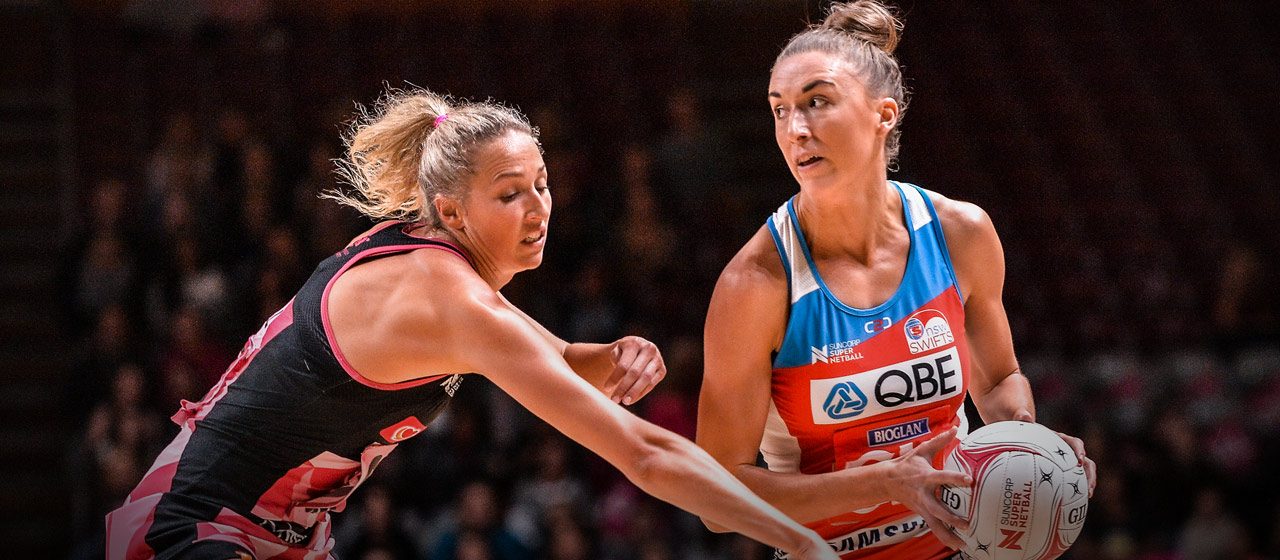
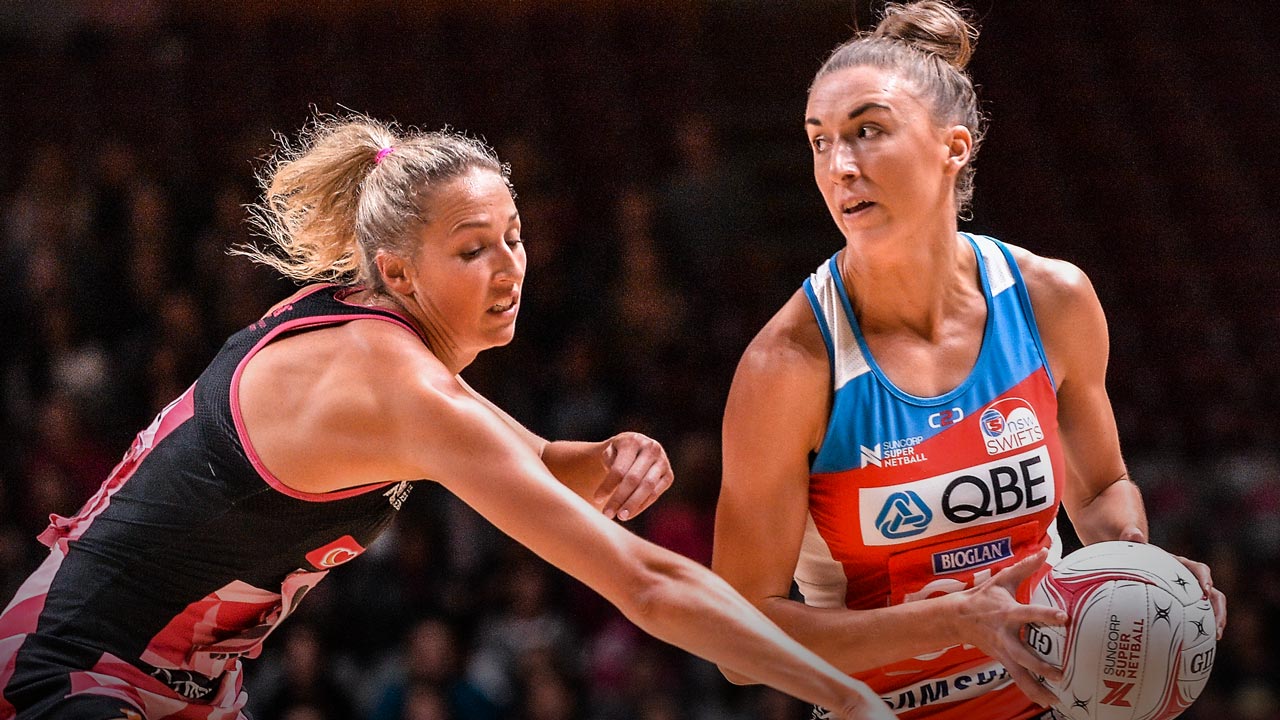

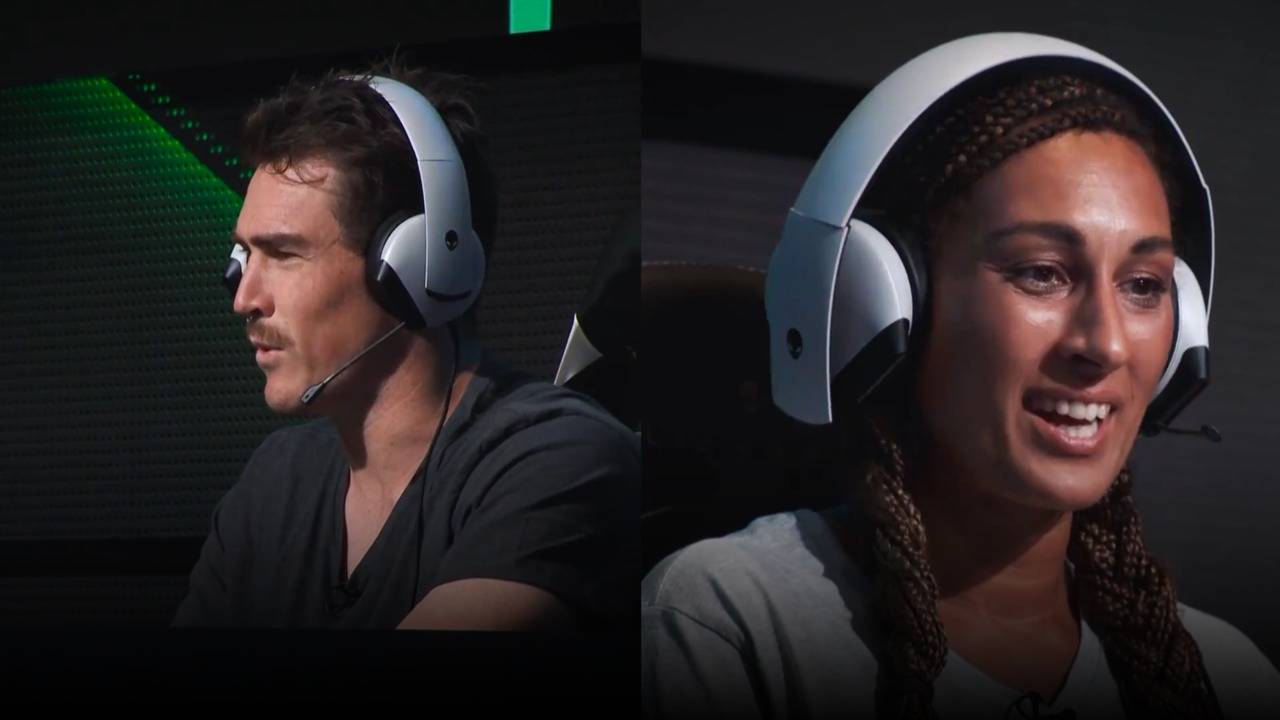
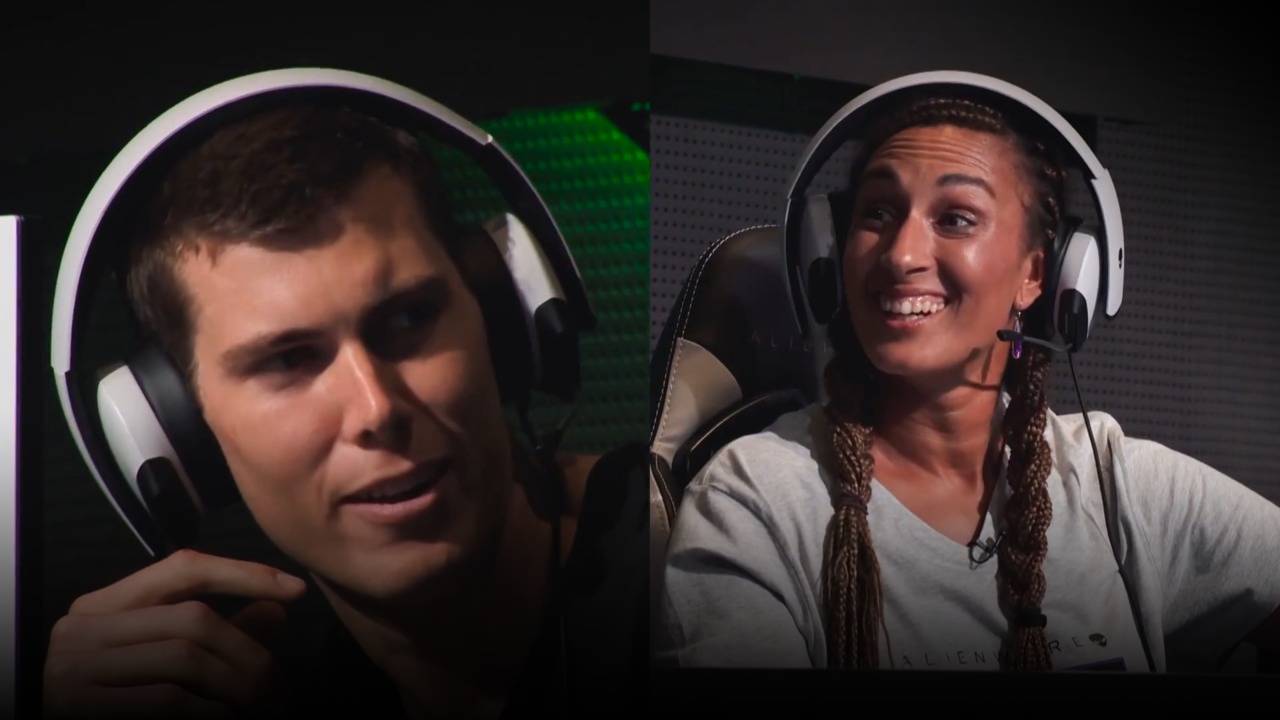
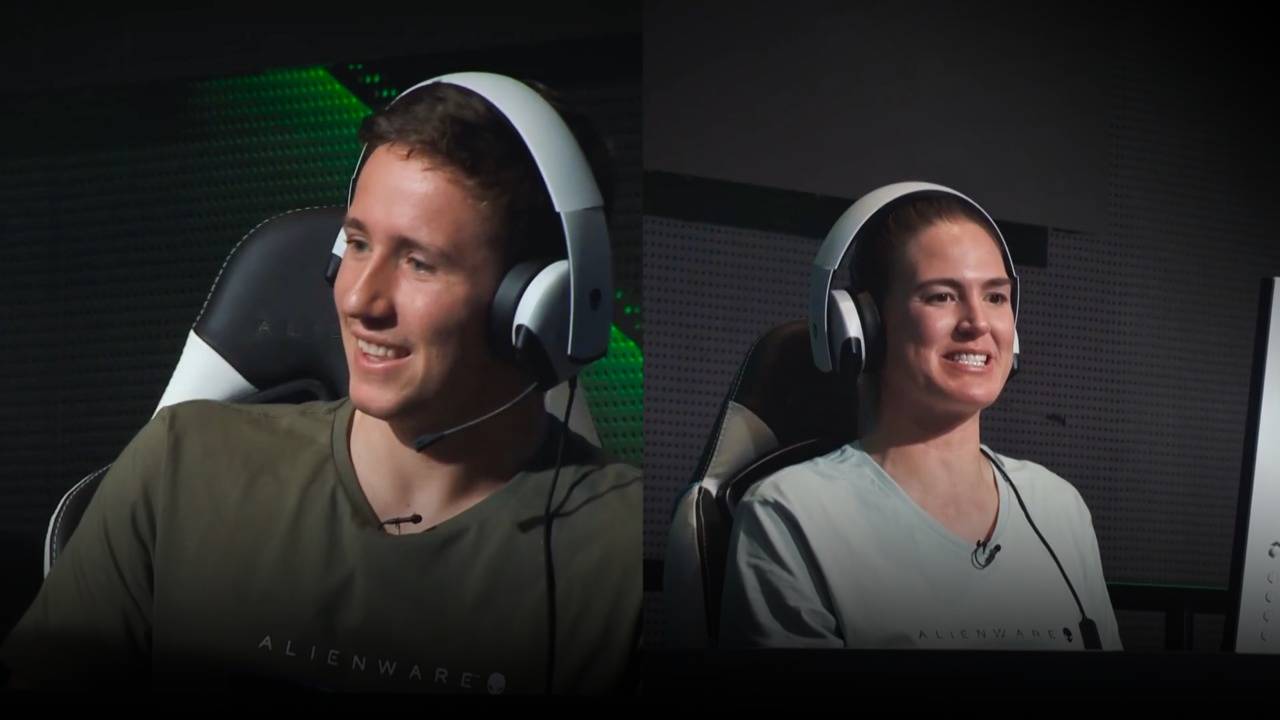
 Load More
Load More